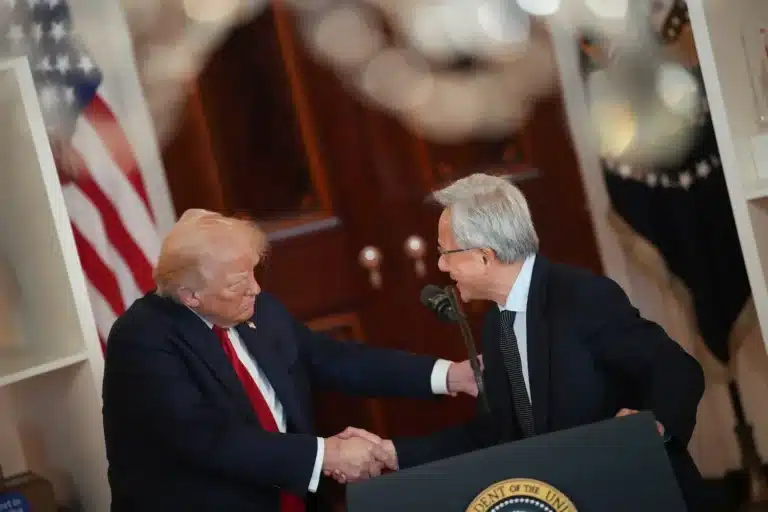Could a strategic lithium reserve kickstart US supply chain development?
NEW YORK -- A strategic lithium reserve is being mooted as a solution to stabilize volatile prices that have hindered American mining projects, allowi
Current Access Level “I” – ID Only: CUID holders, alumni, and approved guests only
What does it take to move the needle on our energy and climate challenges? How can government, civil society, individuals, and businesses work together so our collective action is greater than the sum of individual contributions? To help shed light on these and other issues, Jason Bordoff recently sat down with Andy Karsner, a Managing Partner at Emerson Collective, an organization focused on spurring change and promoting equality.
Jason and Andy discussed Emerson Collective’s theory of change, how the organization measures impact, and how those factors lead to a holistic engagement strategy across technology, policy, finance and network building. Their conversation touched on the benefits and the limits of markets as a source of solutions to our climate challenges and the need to transition from static to dynamic policy structures. They also discussed the changing role of utilities and electricity market regulation as well as the privacy and security considerations of internet-enabled clean technology and distributed generation. Finally, Jason and Andy talked about the need for leadership and national strategies and stretch-goals to achieve ambitious outcomes and maintain US competitiveness.
In addition to his role at the Emerson Collective, Andy is a Senior Strategist and Space Cowboy at Google X, and Founder and Executive Chairman of Manifest Energy. From 2005 to 2008, he served as Assistant Secretary of Energy for Efficiency and Renewable Energy at the US Department of Energy, managing an annual budget of nearly $2 billion across a portfolio focused on applied science, research and development.
Over the past week, President Trump has intensified pressure on Venezuelan president Nicolás Maduro by targeting the regime’s economic lifeline—oil. The United States has seized two oil tankers...

If it seems like you're hearing a lot more about geothermal energy lately, that's because this clean, firm energy source is at a technological turning point. With roots...
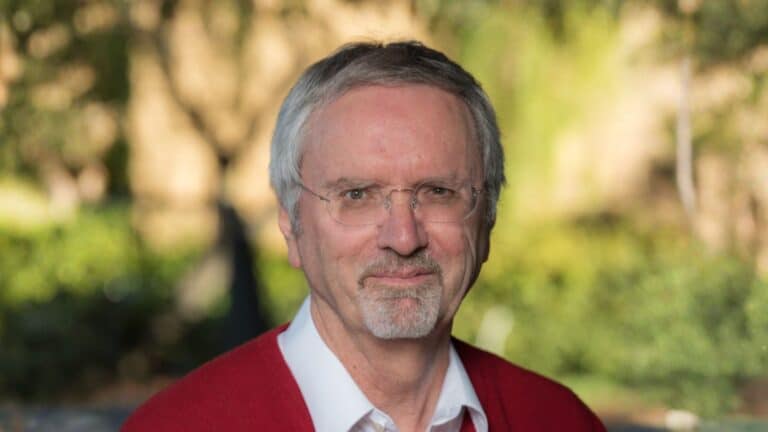
Investment in clean energy technologies is on course to hit a record $2.2 trillion this year, according to the International Energy Agency. That’s more than twice the amount...
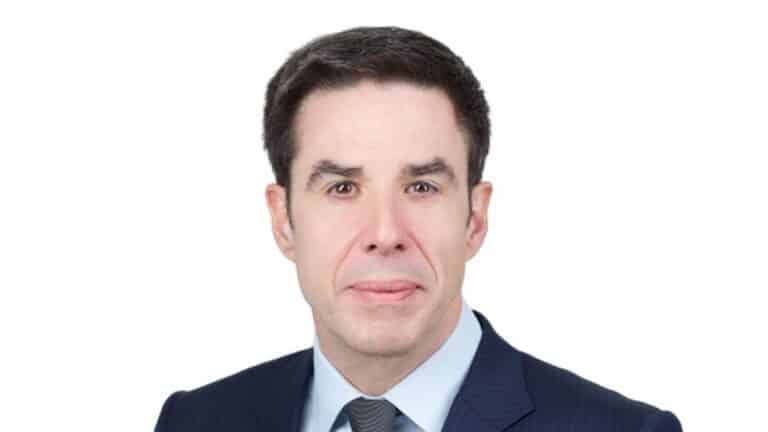
The national conversation around climate change is shifting. There’s more focus on energy affordability and demand, as well as on the dual role artificial intelligence plays as both...

This Energy Explained post represents the research and views of the author(s). It does not necessarily represent the views of the Center on Global Energy Policy. The piece...
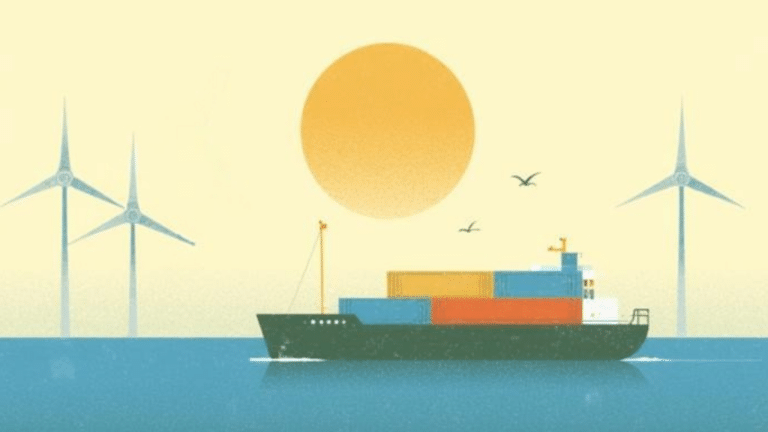
Geopolitical uncertainty associated with Russian gas exports could swing the range of those exports by an estimated 150 bcm per year.

From the east to west and north to south, in red states and blue states, attention to data centers is skyrocketing in state capitals across the United States.
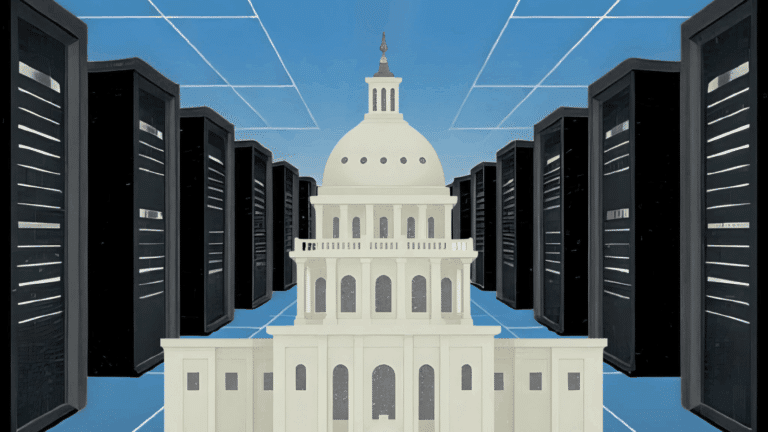
Trump’s latest proposal would cede the United States’ AI advantage.
